What Disability Means to My Warrior Son, Part 2
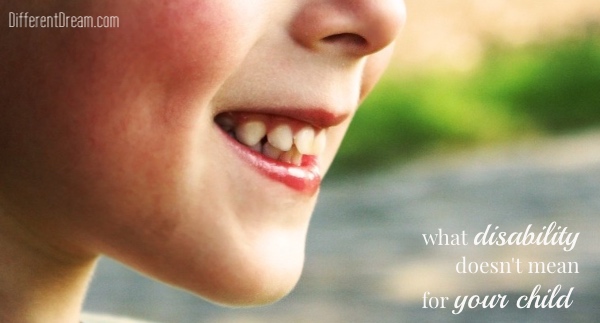
What disability means for our children with special needs is a reality we can help our kids accept. In part one of this two part series, guest blogger Trish Shaeffer described her son’s disability and what it means for him. In today’s post, she explains he is more like than different from children without disabilities.
In the first part of this series, I explained what disability means for my son Alex. His primary disability is cerebral palsy (CP), which affects him in many other ways. Issues that go along with his cerebral palsy include epilepsy, constipation, and vision issues. Even sleep disturbances caused by pain, seizures, and inability to reposition himself while he sleeps. In some case this causes pressure sores. He has balance issues and falls a lot, even when sitting on the floor on his knees. Swallowing becomes harder at times which can lead to choking on water or juice, risk of pneumonia, and other lung issues. Inability to move his extremities at times means Alex also has circulation problems and trouble staying warm in the winter.
These secondary issues mean extra layers and pressure socks, as we put on his DAFO braces that help keep his feet flat and help with standing. We give him full creative run for all his equipment designs and color choices. Even down to his eye glasses. These give Alex a sense of importance, uniqueness, and independence. For example, his bath chair allows him to sit up off the bathtub floor so we can clean him properly. We continue to adapt our home and his transportation to help him become more independent in his self-care and mobility. A stair lift means he is able to get up and down stairs alone.This opens doors so he can explore his world.
CP also means a lot of therapists, doctors’ appointments, tests, and surgeries. Alex has had 10 surgeries in a decade. He has many therapists and loves them deeply, calling them his friends. He has tests every month but he never cries even when he gets his blood drawn, because they’re the norm for him. He also enjoys getting out in his community.
Alex is a big people person. I have seen him smile at someone sad, and they suddenly smile back. People tell me he brightens their day because he cares and is kind and compassionate. He has blossomed into one awesome person.
What disability means for Alex and for other kids is that it’s just a label. Every child with a disability has a personality and a name. They have likes and dislikes. They feel emotion. Talk in their own way. Want to be seen as people, not as labels, wheelchairs, or walkers. They want us to look beyond the wheelchair. Look beyond the disability. Look beyond limitations or labels. You might be surprised by who you see. Alex teaches this every day. He inspires and educates. He loves to share his story with everyone. To bring change. Reduce judgement and fear over a diagnoses.
CP means challenges for the rest of Alex’s life. But it won’t stop him from being happy and full of life. Don’t feel sorry for Alex. Feel happy next time you see him. Know that he is one happy kid and wants to share his smile with the world.
Do you like what you see at DifferentDream.com? You can receive more great content by subscribing to the monthly Different Dream newsletter and signing up for the daily RSS feed delivered to your email inbox. You can sign up for the first in the pop up box and the second at the bottom of this page.
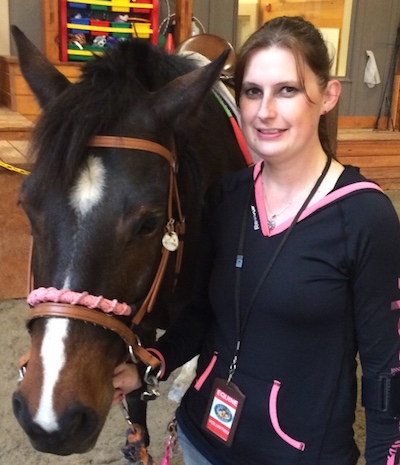
By Trish Shaeffer
Trish Shaeffer is the mom of 3 active boys with special needs. She’s a peer supporter for Parent to Parent and volunteers with the United Cerebral Palsy Network, Special Olympics, and the United Way. She’s also an equine volunteer at Leg Up Farm. She’s married to her best friend and biggest supporter, Chris Schaeffer.
Subscribe for Updates from Jolene
Related Posts
Setting Goals for Adult Children with Disabilities Matters
Guest blogger Sandy Ramsey-Trayvick explains why setting goals for adult children with disabilities matters.
How Parents Can Stay Strong When Advocacy Efforts Seem to Fall Short
Guest blogger Catherine Boyle encourages parents to stay strong when they find their advocacy efforts fall short.
Professional Bullying Is Not Okay
To be effective advocates for our kids with disabilities and special needs, sometimes we must recognize and stand up to professional bullying.



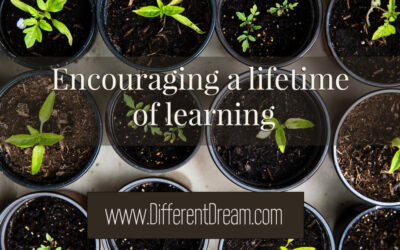
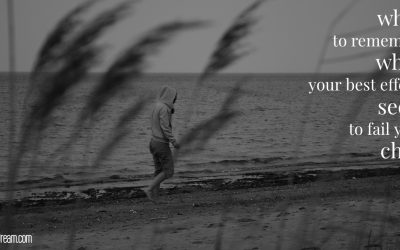
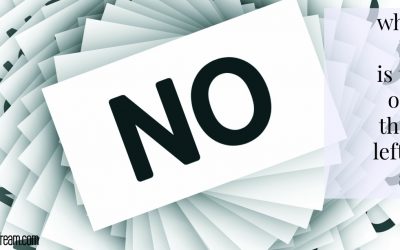
0 Comments